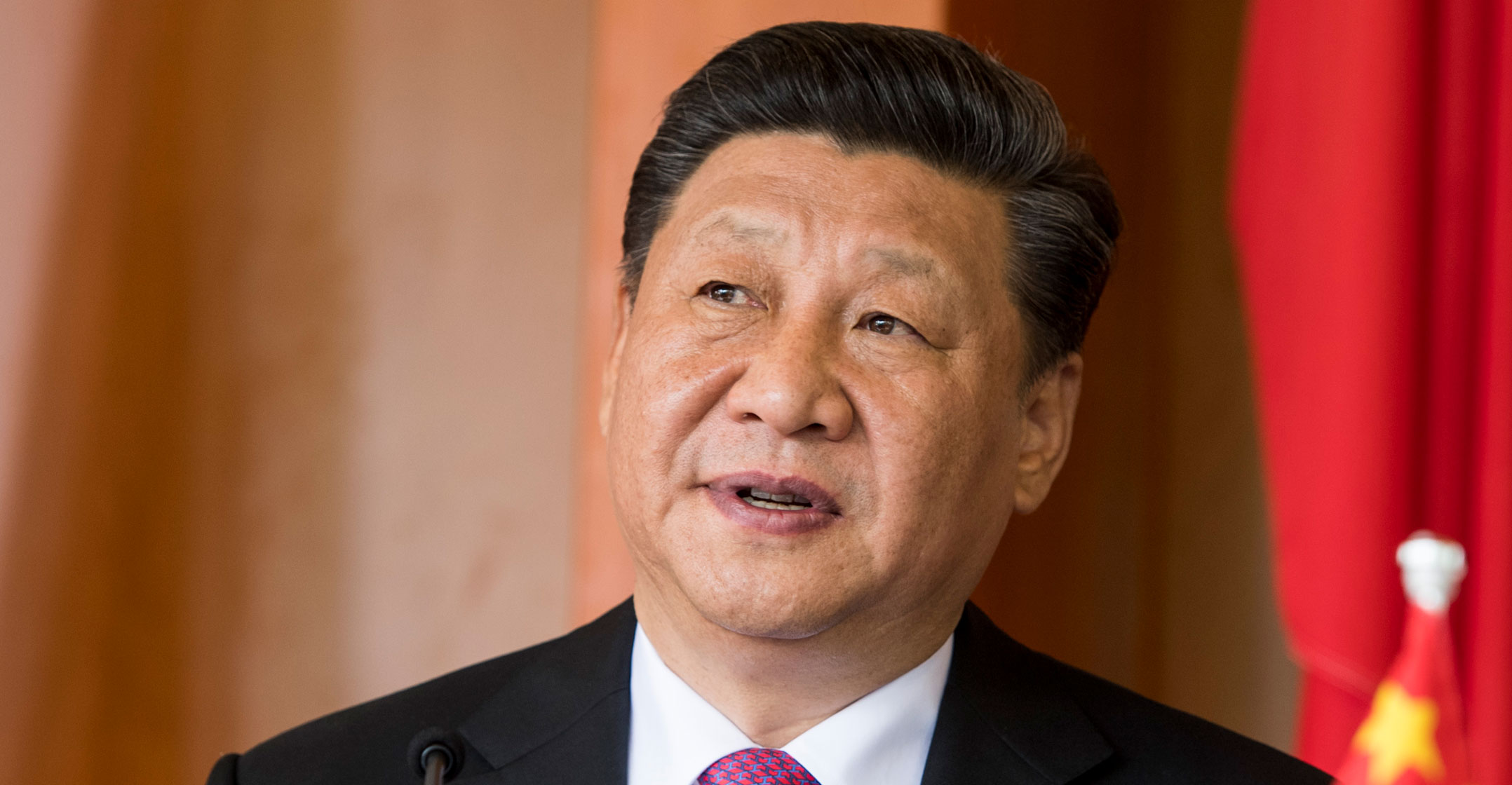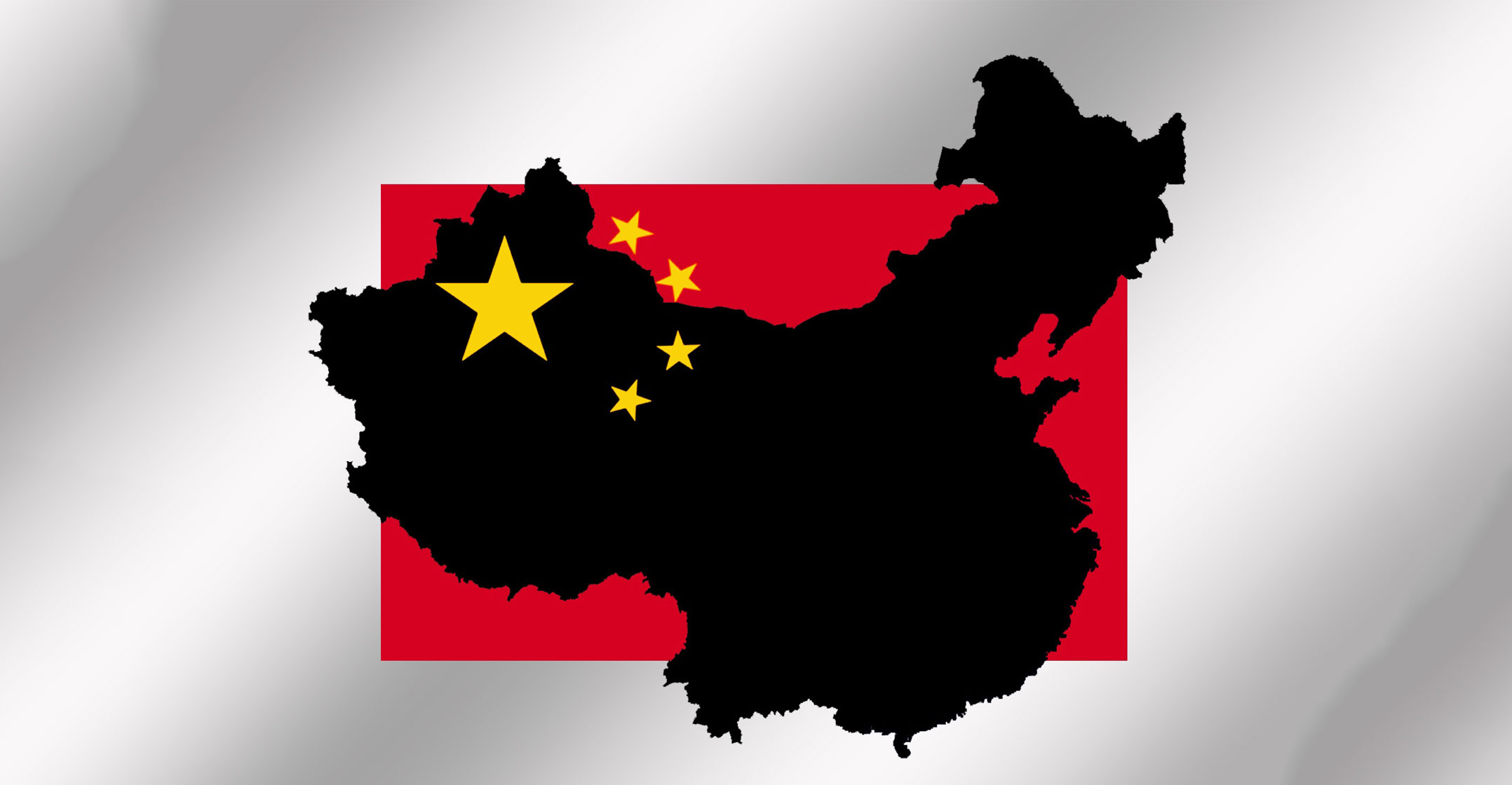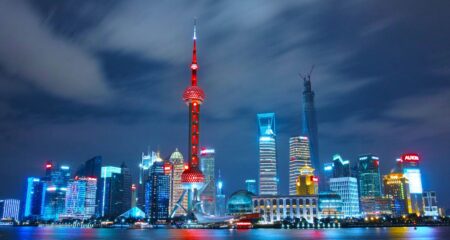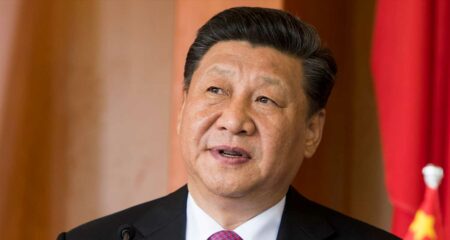
President Xi Jinping put China’s wealthiest citizens on notice on Tuesday, offering an outline for “common prosperity” that includes income regulation and redistribution, according to state media reports.
Since Xi took office in 2012, the ruling party has made it a priority to end poverty and build a moderately prosperous society, goals that the party sees as central to promoting well-being and strengthening its governance. Income inequality in the country is wide — the richest 20% earn more than 10 times poorest 20% — and hasn’t budged since 2015.
Beijing has undertaken massive efforts to reduce poverty, especially in rural areas. More recently, it’s taken aim at the upper end of the spectrum, with a crackdown on the technology industry, which has minted several billionaires, and criticism of the excesses of celebrity culture.
At Tuesday’s meeting of the Communist Party’s central committee for financial & economic affairs, the government detailed new strategies to target the upper echelons. Officials vowed to “strengthen the regulation and adjustment of high income, protect legal income, reasonably adjust excessive income, and encourage high-income groups and enterprises to give back to society more”, according to a summary of the meeting published by state media Xinhua.
At the same time, officials also pledged to expand the size of the middle-income group, grow the earnings for low-income group and prohibit illicit income to promote social fairness and justice. It also reaffirmed Deng Xiaoping’s famous words, to “let some people get rich first”, adding that an environment will be created where more people have the opportunity to become wealthy.
Equal access
Officials pledged to provide conditions for people to enhance their education and move up the income ladder. They also called for promoting the equal access to public services by improving housing supply, elderly care and the medical system.
The meeting also highlighted the need to curb financial risks. Efforts should be made to strike a balance between ensuring stable economic growth and preventing financial risks, according to Xinhua.
The government identified the eastern province of Zhejiang, home to Alibaba Group and known for its robust private sector, as a pilot zone for the new initiatives.
 Last month, Zhejiang released detailed plans for raising per capita disposable income to C¥75 000 (R172 000) by 2025, which would be a 45% increase within five years. It also wants wages to account for more than half of its GDP, and to lift its urbanisation rate to 75%.
Last month, Zhejiang released detailed plans for raising per capita disposable income to C¥75 000 (R172 000) by 2025, which would be a 45% increase within five years. It also wants wages to account for more than half of its GDP, and to lift its urbanisation rate to 75%.
To achieve those goals, the provincial government will encourage workers to bargain collectively for wages; listed companies to raise cash dividends to shareholders; and farmers to pursue entrepreneurship strategies. It will also promote the development of financial products to benefit residents.
The road map also said the government will better protect the rights of those in new forms of employment, including delivery workers and drivers working for ride-hailing companies, and implement tax benefits for philanthropic donations. — (c) 2021 Bloomberg LP




